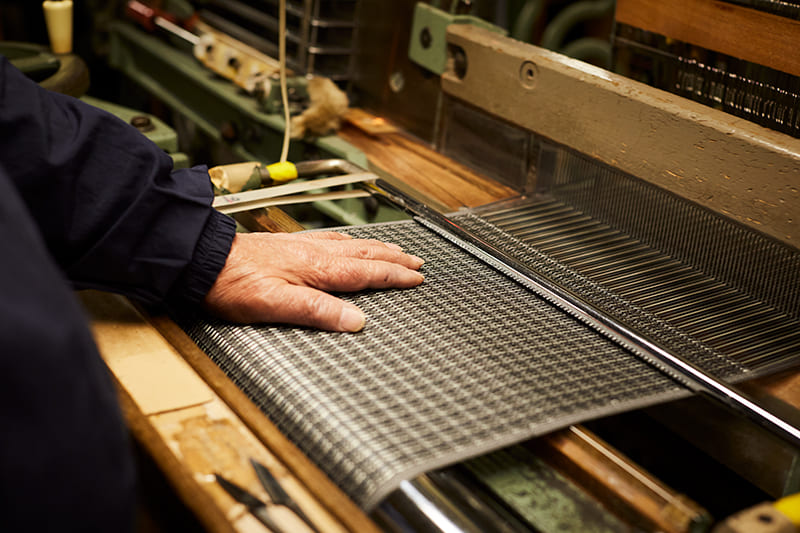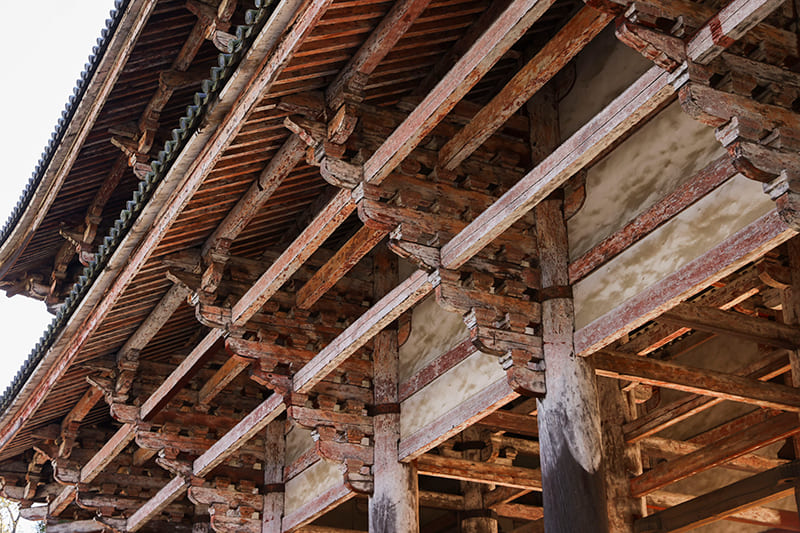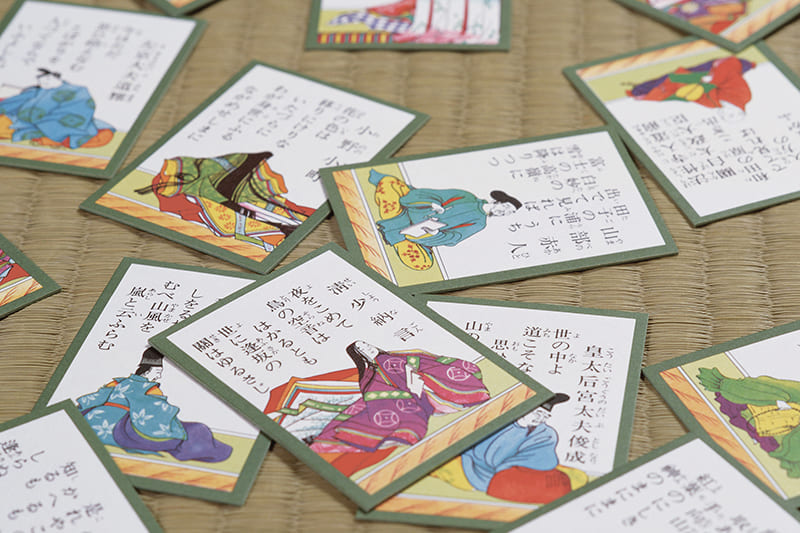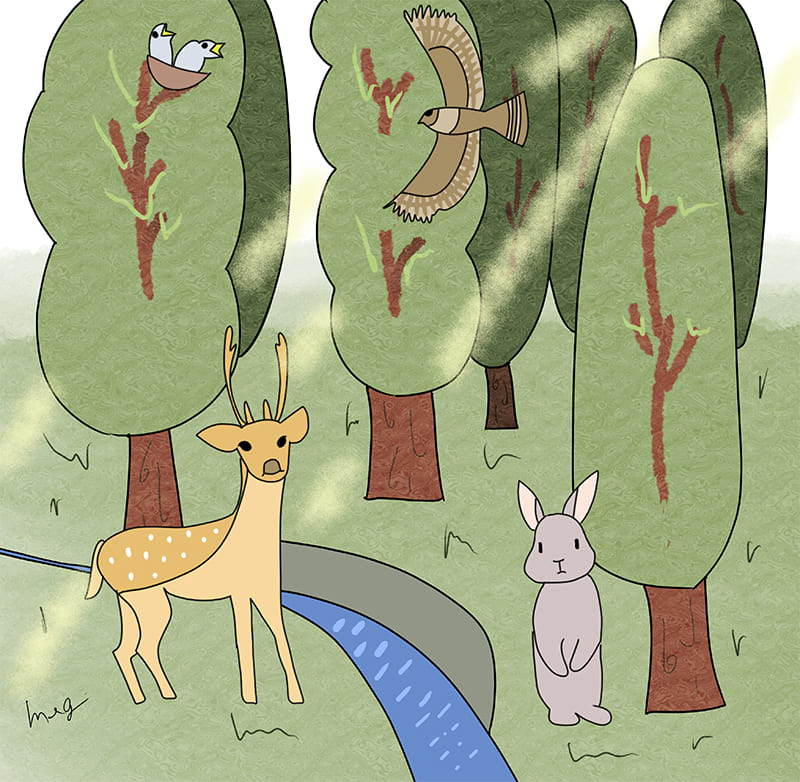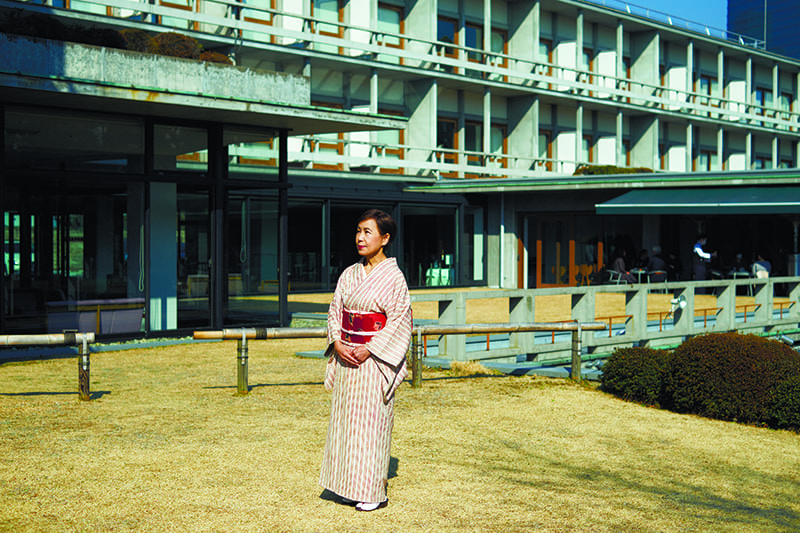March 25, 2022
FROM THE EDITOR

One of the words that Japanese people often use is “mottainai.” It describes the sense of regret you get when you lose or discard something without having made the most of its inherent value. In English, the term “wasteful” may be the closest to it in meaning, but doesn’t quite do it justice.
Records show the word “mottainai” was used during the Muromachi Period, about 500 to 600 years ago. It is linked with the profound feelings of respect, affection and awe that Japanese life has long nurtured in relation to both the natural world and inanimate objects. From those feelings stem the idea that wastefulness occasions pain or even divine punishment.
Perhaps you have heard of Japan’s “needle memorial services”? These are a traditional event in which old or broken sewing needles are presented at shrines and temples for dedication. The custom, which is said to have been held since the Heian Period about 1,200 years ago, demonstrates the Japanese way of dealing with even human-made tools with a sense of respect, affection, and awe.
In the present day, as we are encouraged to reduce, reuse and recycle, it would appear that we modern people, the Japanese included, lack respect for both the natural world and inanimate objects. Without feelings of gratitude and affection for those things, we won’t be able to maintain sustainable lives. In this special feature, we examine the deeply rooted concept of mottainai and think about what lessons it might hold for our futures.
Return to Sustainable Japan Magazine Vol. 10 article list page

